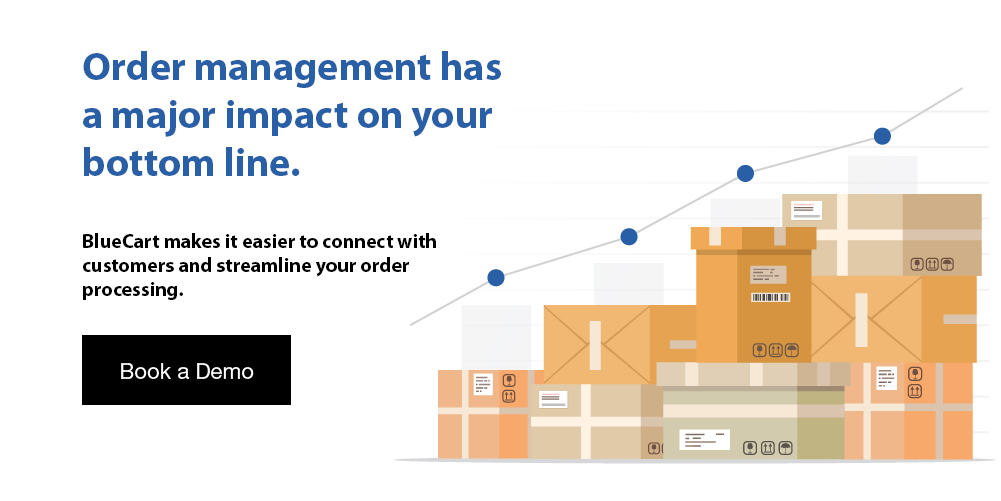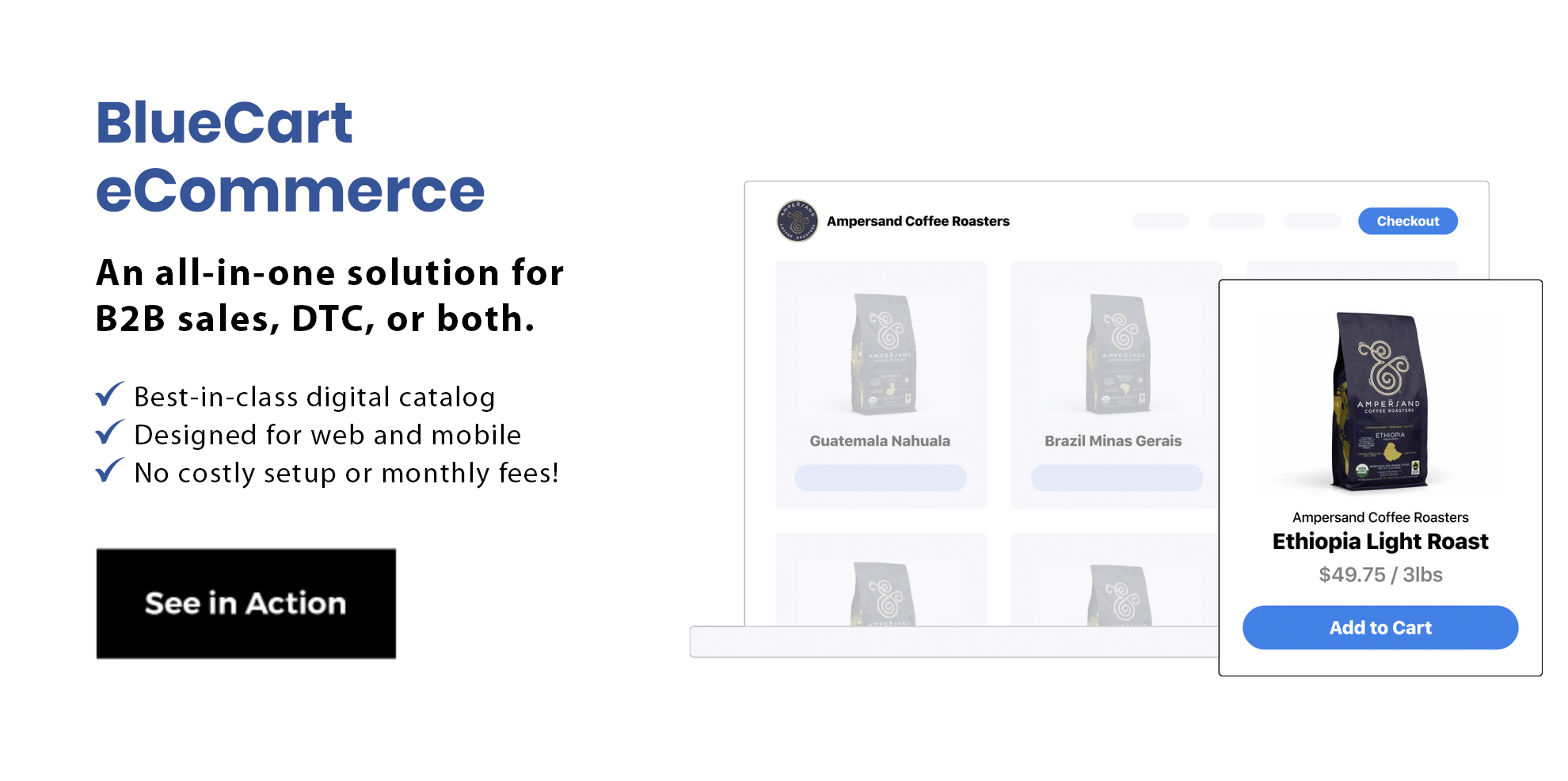Any business that accepts, transmits, or processes ACH (see what is ACH payment), credit card or eCheck payment information through its system needs to observe PCI compliance. This set of rules and regulations was developed in order to keep payment information as secure as possible. This is also why you need to use a good eCommerce payment gateway--especially for eCommerce credit card processing.
Dealing with sensitive customer data means that you’ll need to maintain a secure environment. Any security breach that could make their credit card data vulnerable can also affect your relationship with them and your business's overall reputation.
These regulations are referred to as the Payment Card Industry Data Security Standard (PCI DSS). Keep reading to learn more about PCI compliance and why your business needs to adhere to it.

PCI
This set of standards went into effect in September 2006. PCI is managed by a group of representatives from the major credit card companies MasterCard, Visa, Discover, American Express, and JCB. The group is called the PCI Security Standards Council.
These companies also validate compliance to ensure that all credit card payments are as secure as possible. They are focused on both direct to consumer and B2B payments.
What Is PCI?
What does PCI stand for? It means the Payment Card Industry and it is used to control and regulate the security of credit card transactions. Since PCI stands for Payment Card Industry, the major credit card companies all give their input by managing the security standards council to uphold PCI meaning and security.
PCI Security and Standards
The PCI Security Standards Council (SSC) is a service that works to continuously monitor credit card payments and find new ways to improve security around them, including in all point of sale (POS) circumstances. Without their regulations, it could be harder to protect financial information from cybersecurity threats that could steal your information or your customers’ information. The SSC also offers and provides valuable tools and resources that companies can use to measure their security framework and maintain eCommerce accounting data properly. Types of resources they provide include:
- Self-assessment questionnaires to measure organizations’ compliance
- List of approved vendors and merchants
- Secure software program guide
- PIN security requirements
Essentially, the SSC’s goal is to create a community that can work together to help protect and secure the data needed to process and transmit the incredible amount of credit card transactions that happen every day. They provide education and awareness so that all stakeholders in the process know what needs to be done and how to implement it. If you are not sure of the best ways to comply with PCI, you may want to utilize a payment processing provider who can easily offer that capability to your business.
PCI Compliance
Having compliance with PCI is vital for any business, as it guarantees secure transactions and thus increases trust in your organization. Customers are less likely to use a credit card online if your payment portal is not guaranteed to be reliable.
What exactly is PCI compliance? It involves following a set of rules and regulations that the SSC has set forth and continues to update as security threats grow and evolve. Benefits of PCI compliance include:
- An increase in customer trust means that customers are more likely to come back for another transaction or even set up recurring transactions in the subscription payment model
- Helps boost your organization’s reputation with customers, banks, vendors, and other corporate entities
- Helps to stop potential security breaches that could steal important customer data
- Can also help you with meeting compliance for other regulations like SOX, HIPAA, and GDPR
- Assists you in better understanding the meaning of PCI compliance
To meet PCI compliance requirements your IT team may have to take some extra steps and follow the resources provided by the SSC.
PCI Compliance Checklist
There are certain items you need in order to establish PCI compliance as a business. This checklist of items is established by the SSC and following them is important in order to remain a trusted entity within the PCI compliance network. This checklist includes things such as:
- Maintain and use firewalls
- Properly protect passwords
- Safeguard data for cardholders
- Provide encryption for transmitting data
- Ensure you have the latest anti-virus software
- Update all software involved regularly
- Make sure cardholder data is only accessed by certain staff members
- Give each staff member unique credentials
- Ensure any card data that is written down and stored is in a restricted area
- Keep up with who accesses the data
- Routinely check for system vulnerabilities
- Document all of your processes
By updating all firewalls, software, and hardware on a regular basis, you’re ensuring the safest IT environment possible. This includes all tools that may interact with payment data, including warehouse management software, subscription billing software, and automated billing software. Sometimes, software companies will issue a patch to fix a problem they’ve found. This prevents hackers from accessing any technical loopholes.
You also need to make sure only certain staff members have access to cardholder data. This keeps it secure as well, because not every employee needs to use or accept credit cards as part of their daily work. Plus, it’s much easier to trace who accessed it if or when a problem does arise. Make sure the eCommerce software you use is up to date and safe from intrusion.
PCI Compliance Levels
Meeting compliance is important, but you also need to make sure you’re following compliance for the level of your organization. For example, level 1 compliance requires an external audit, while levels 2-4 are able to complete a self-assessment questionnaire. There are four different levels of PCI compliance and those are based on the number of transactions your company handles each year. The PCI compliance levels are:
- Level 1: Companies that process more than 6,000,000 transactions each year
- Level 2: Companies that process 1,000,000 to 6,000,000 transactions yearly
- Level 3: Companies that process 20,000 to 1,000,000 transactions annually
- Level 4: Companies that process fewer than 20,000 transactions per year
PCI DSS
PCI is used a lot to talk about this, but the full term is actually Payment Card Industry Data Security Standard. So, you may see “PCI DSS” when you’re learning more about establishing PCI compliance.
PCI DSS Meaning
PCI DSS stands for “Payment Card Industry Data Security Standard.” It is the name for the standards set forth by the SSC, if you see it and wonder what PCI DSS is. Following these standards makes it easier when consumers use credit cards as payment or when you offer net 30 to customers as payment for goods. Not meeting compliance may make it tough for you to conduct business.
PCI DSS Compliance
Failing to meet PCI DSS requirements can have severe complications for your organization. Along with losing consumer trust, your organization could also risk its financial information, as it would be easily accessible to hackers who can turn around and sell that to the highest bidder. Failing to protect customer data may also lead to lawsuits or other legal action against your company. If your company is publicly traded, you could see a substantial dip in the worth of stock prices as well.

Stay Compliant
While following PCI compliance can be difficult at times, it is overall the best for your company to make sure that you’re up to date on all the rules and regulations of PCI DSS compliance. If you’re unsure of the best way to do this, consider reaching out to someone who can provide you with a platform for secure payment options and online ordering.